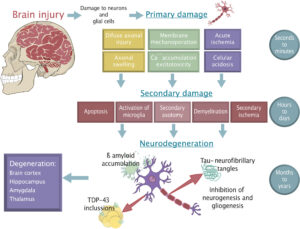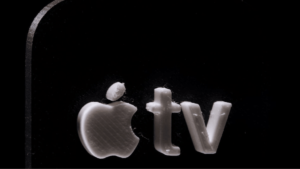
- Repetitive mild traumatic brain injuries (TBIs) increase the risk of chronic traumatic encephalopathy (CTE) and Alzheimer’s disease.
- Researchers have discovered a protective role for the protein p17 in preventing long-term brain pathologies.
- A promising drug candidate, LCL768, restores the removal process of damaged mitochondria, potentially offering therapeutic benefits for post-concussion damage.
Researchers led by Onder Albayram have identified a promising drug candidate that may shield the brain from long-term damage caused by repetitive mild traumatic brain injuries (TBI), such as concussions. The study focuses on the protective role of the protein p17 in preventing chronic traumatic encephalopathy (CTE) and Alzheimer’s disease, which are associated with repeat concussions.
Using a mouse model of repetitive less-than-mild closed head injury (rlmTBI), the researchers found that mice lacking the p17 protein exhibited significant sensorimotor deficits after three months, followed by cognitive impairments after six months. Additionally, analysis of the mice’s brains revealed compromised and disarranged membranes in axonal mitochondria, leading to axonal degeneration and pathological outcomes. However, the administration of a mitochondrial-targeted pyridinium-ceramide analog drug, LCL768, restored the removal process of damaged mitochondria, offering potential therapeutic benefits.
Moreover, examination of human tissue from CTE cases with a history of repetitive TBI showed lower expression of p17 and mitochondrial C18-Ceramide compared to healthy control samples. These findings suggest that drugs targeting the maintenance of a healthy pool of axonal mitochondria could serve as prophylactic treatments for individuals at risk of post-concussion brain damage.














